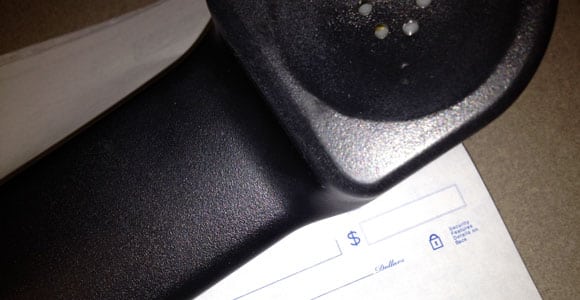Late spring/early summer is absolutely one of the most beautiful times to live in Tennessee. The mild temperatures and brilliant blue skies just call out for a little extra time listening to the birds from the backyard hammock. In my case, it’s listening to the kids play, but undoubtedly this is a time of year to get outside and enjoy nature’s beauty. As one of my favorite musicians sings, “Life’s way too short to waste it all inside.”
The great weather this time of year does more than just inspire us to spend more time outdoors, though. As winter fades away, it is inevitable that you’ll see neighbors starting yard projects, road builders paving new highways and your local electric cooperative’s lineworkers busy with projects to keep the power flowing.
As the temperature outside rises, so does the amount of time your air conditioner will run to keep the inside of your home cool. That means higher electric bills, sure, but most would agree it is a small price to pay for the comforts of modern society — right? Well, there are some people who hope to use the increased activity outside and your higher electric bill to their advantage so they can separate you from your money.
This is the time of year that I start to hear about scams and attempts to steal from you, using your electric service as a cover story. Please be aware of these real-life schemes so you will not fall victim:
Phone calls asking for payments
You receive a phone call from someone who claims to work at the cooperative offering a friendly reminder that your electric bill is past due. The caller ID may even display the name of the co-op. The caller tells you that you can avoid late fees or having your service disconnected if you make a payment over the phone by giving them a credit card, prepaid debit card or checking account number.
This is a common type of scam called “phishing,” and it works just the same via email. There are lots of variations, but a phishing scam uses common, publicly available information to trick you into believing you are talking to a legitimate individual or institution. Scammers then try to convince you to give up important information like Social Security numbers, bank account numbers or credit card information.
Never provide your private financial information to someone who calls you directly. Many cooperatives offer pay-by-phone options and may even call to tell you that your bill is past-due. But your co-op will never call you to initiate a payment. Make the phone call yourself. And be sure you are calling the phone number provided to you by the co-op. If you ask that same “friendly voice” who dialed you in the first place for a number to call back, the scammer will gladly provide you with his or her own number.
A knock at the door
Two men knock on your front door after parking a large white truck in front of your house. They tell you that they are employees of (or contractors working for) your local cooperative and need to perform some work on the poles along the road. They unload some tools and walk around your property. After a quick trip to the store, you discover the men are gone and your lawnmower and television are missing.
This is an unfortunate but true story that happened to a cooperative member here in Tennessee. Thankfully, the culprits were only interested in stealing property and not in any other more serious crimes. However, it is important to note that if your co-op needs to access your property to perform work, authorized individuals will be driving marked vehicles and carrying identification.
If you have any doubts at all about the legitimacy of the individuals, call the co-op directly to confirm their identity and ask if any work is scheduled at your address.
The “magic” black box
The advertisement you recently saw in a magazine or on the Internet claims that an “amazing new device” will lower your power bill by 30 percent just by plugging it into an outlet. The ad says the device is so effective that “power companies will hate this.”
While I am just as hopeful and excited as you might be for new scientific discoveries, an old adage applies here: “If it sounds too good to be true, it probably is.” One of these products, advertised heavily on the Internet, is simply two wires buried in a plastic container of sand.
You will see a lot of these advertisements at the end of the summer and winter but rarely in the spring or fall. Why is that? If you buy this magic box in the first week of September, plug it in and wait for your next electric bill, chances are your bill will, in fact, be dramatically lower. Why? Because temperatures are cooler, your air conditioner is no longer running nonstop, and you used less electricity. But, by the time you figure out the scam, the “money-back guarantee” will have expired — and your wallet will be just a bit thinner.



